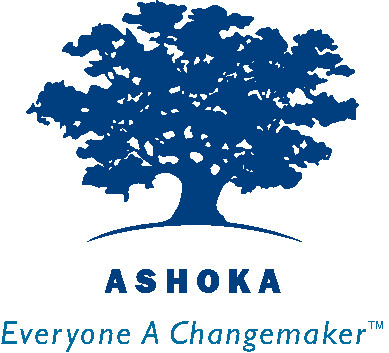/topics/drinking-and-other-domestic-uses
Drinking and other Domestic Uses
Uniform drinking water quality monitoring protocol- A document by Ministry of Drinking Water and Sanitation (2013)
Posted on 07 Mar, 2013 08:36 PMThese protocols are suggestive in nature and will be useful for laboratory personnel, water supply engineers and policy makers working in the drinking water sector operating at State, District and Sub-district levels.
#SparkTheRise Twitter conference on ‘Water sustainability - A key to our future’, by Mahindra and Ashoka India
Posted on 07 Mar, 2013 11:03 AM

Budget 2013: Highlights from the water sector - Roundup of the week’s news (February 25- March 3, 2013)
Posted on 04 Mar, 2013 05:31 PMBudget 2013: Highlights from the water sector
An evaluative study on the informal water distribution system in Kaula Bandar slum in Mumbai- A paper in BioMed Central Public Health Journal
Posted on 03 Mar, 2013 07:22 PMAs a result of rapid urbanisation, majority of migrated population is forced to settle in places which are not legally recognised by state authorities. These areas thus lack in basic services like water supply and sewerage. Consequently, the slum dwellers often resort to illegal methods to avail these services.
Discussion on safe drinking water and its policy framework, LEAD and Aaum, Chennai, March 5, 2013
Posted on 01 Mar, 2013 02:13 PMWater in India: Situation and prospects: Book release by UNICEF, FAO and SaciWaters
Posted on 26 Feb, 2013 06:13 PMThe report released at UNDP, New Delhi on February 14, 2013 attempts to consolidate the significant amounts of information available on water and sanitation in India and also aims to examine the key current challenges in the sector; both the threats and opportunities for the water sector in India.
Dr Aidan Cronin, Water, Sanitation and Hygiene Specialist, UNICEF gives a sneak preview to the report
Video courtesy: UNICEF
Anthropogenic activities leads to deterioration of groundwater quality: A study of Mayyanad and Edamulakkal panchayats of Kollam district in Kerala
Posted on 22 Feb, 2013 10:07 AMKerala is a rain blessed state in the country. It has highest number of wells, when compared with other states. However due to its slanting topography there is significant decline in the ground water levels leading to severe water scarcity during summer months in most districts of the state. Further over extraction and dependence of groundwater for domestic use from the dug wells especially in rural pockets has resulted in several groundwater problems. In this backdrop the paper in The Ecosan- An International Quarterly Journal of Environmental Science, sheds light on groundwater quality issues in two panchayats of Kerala.
Some strategies for managing groundwater by Aditi Mukherji, IWMI
Posted on 22 Feb, 2013 09:53 AMGroundwater is essential for India's agricutural economy. However, there is a large variation in the groundwater resources of each region. Some regions are already over-exploited, while others can still tolerate more withdrawal. In her blog 'Waterscapes', Aditi Mukherji discusses the need for regional strategies to manage groundwater economy.
Dealing with arsenic in rural Bihar - Evaluating the successes and failures of mitigation projects
Posted on 21 Feb, 2013 11:51 PMArticle Courtesy: Delft University of Technology
Author(s): Matthijs Brouns, Merijn Janssen, Andrew Wong





